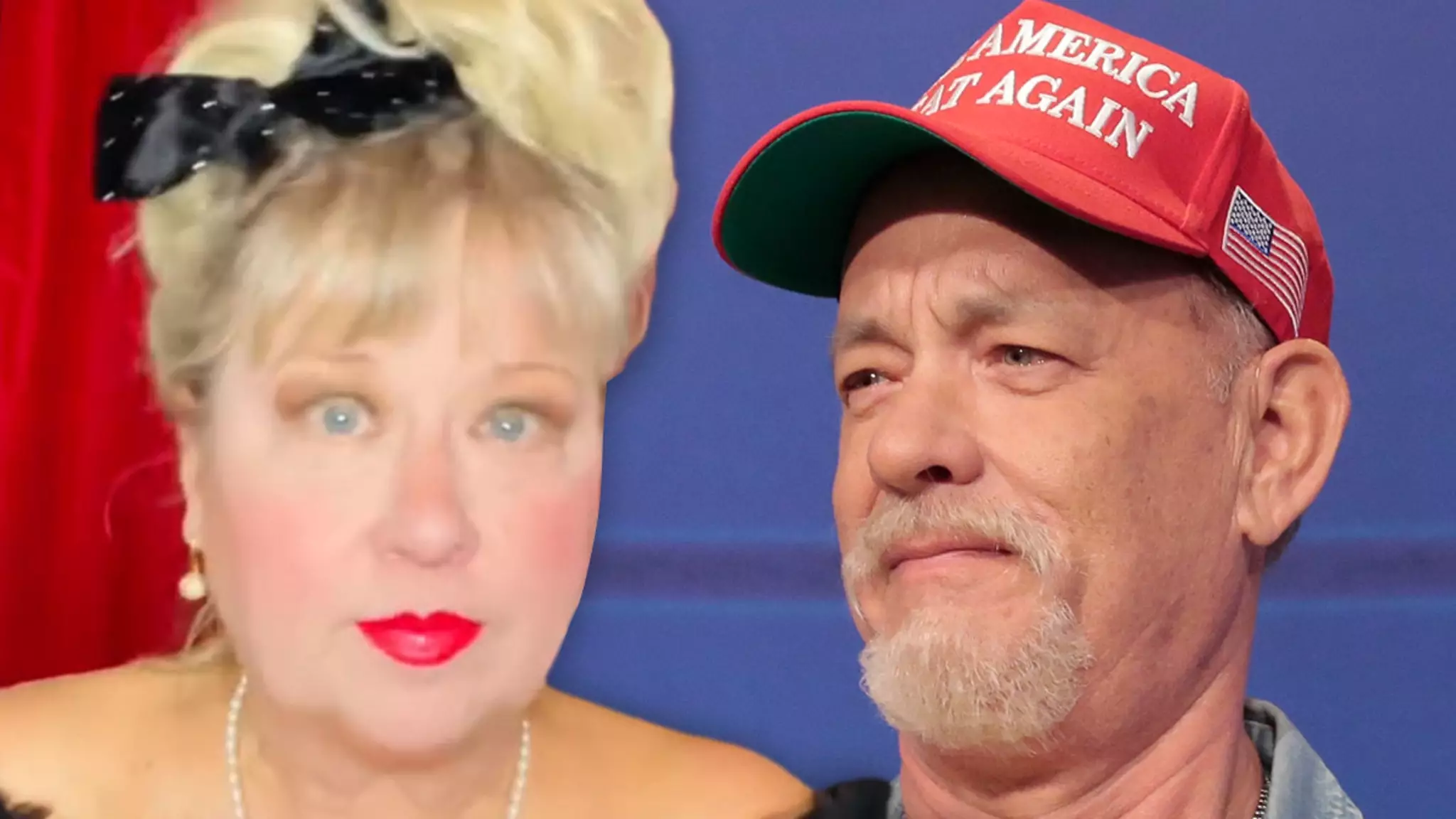Recently, Tom Hanks stirred controversy during his appearance on Saturday Night Live (SNL) when he ridiculed Trump supporters. This move has ignited considerable backlash, not only from fans but also from former SNL cast members. Among the critics is Victoria Jackson, who used to be a prominent figure on the show from 1986 to 1992. Jackson verbally expressed her dissatisfaction with Hanks during an encounter with TMZ, emphasizing that mockery directed at any political group, especially supporters of former President Donald Trump, perpetuates a toxic atmosphere within political discourse.
Victoria Jackson’s Response
Victoria Jackson, aligning herself firmly with Trump’s base, did not hold back in her critique. She condemned the skit as “stupid,” illustrating her perspective that political ridicule does little to foster understanding or dialogue among differing viewpoints. Her comments highlight a broader concern about the nature of political satire, particularly on platforms like SNL, which often claim to provide humor while pushing specific narratives. Jackson’s remarks reveal how deeply ingrained partisanship can split even traditionally light-hearted comedic spaces, transforming them into battlegrounds for ideological warfare.
The backlash against Hanks was further fueled by a statement from political commentator Link Lauren, who pointed out how the portrayal of a Trump supporter in the skit as fearful of interacting with a Black man was particularly distasteful. Lauren argued that this trope perpetuates a narrative that equates support for Trump with racism—a notion that Jackson agrees is offensive and simplistic. This exchange raises essential questions about the responsibility of comedians and entertainers to navigate the line between humor and divisiveness.
SNL has a long history of lampooning political figures, which some argue is essential for a functioning democracy, allowing for critique through comedy. However, as this incident showcases, such parodies can eschew comedy for caricature, marking political followers as inherently flawed. Hanks’ portrayal, according to critics, could reinforce stereotypes rather than challenge them. This concern is particularly resonant in today’s polarized climate, as comedians increasingly grapple with the repercussions of their political portrayals.
As the dust settles from the uproar, it begs the question: how can comedians balance satire with a sense of social responsibility? Tom Hanks will undoubtedly face continued scrutiny in light of this incident, but more importantly, it encourages a broader discussion on the role of humor in political dialogue. Jackson’s criticisms serve as a reminder that the laughter evoked at the expense of others can lead to greater divisions rather than unity. As viewers and participants in the cultural conversation, we must critically evaluate the messages portrayed in comedy and seek out narratives that build bridges rather than reinforce walls.

